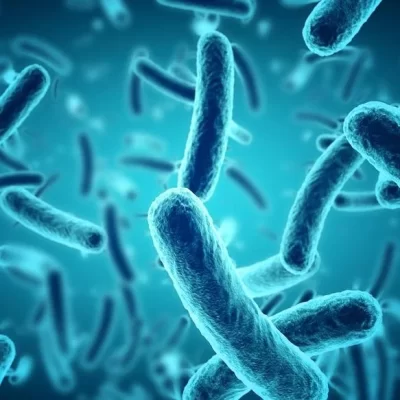A new class of molecules has been discovered that inhibits the efflux pump of bacteria, potentially leading to new antibiotics that work against multi-resistant bacteria. Antibiotic-resistant bacteria are among the most common causes of death, according to a recent study by the World Health Organization (WHO). Antibiotics attack specific structures of bacterial cells, such as the cell wall. Bacteria use different types of resistance to protect themselves from the effects of antibiotics. One method that bacteria use to protect themselves from medication is called efflux pumps, also known as membrane ATPases and membrane transporters (carriers) in medicine. These are proteins that are located on the surface of bacterial cells. Once an antibiotic enters the cell, the efflux pump ensures that it is pumped out of the cell before it can reach its target. As a result, the antibiotic cannot kill the bacteria.
Researchers at the University of Oklahoma (OU), Dr. Helen Zgurskaya and Dr. Valentin Rybenkov, have been working on new antibiotics that work against multi-resistant bacteria for some time. According to their publication in the journal Nature Communications, the scientists have now identified a class of molecules that inhibits the efflux pump, making the antibiotic effective again. In collaboration with researchers from the Georgia Institute of Technology (Georgia Tech) and King’s College London (KCL), it was discovered that the inhibitors have a mechanism of action described as a “molecular wedge.” The wedge affects the area between the inner and outer cell membranes, thereby enhancing the antibacterial effect of antibiotics.
“We are already living in a post-antibiotic era, and things will get significantly worse if new solutions to antibiotic resistance in clinics are not found soon. The discoveries we have made will facilitate the development of new treatment methods to avert an impending crisis,” said Dr. Zgurskaya. In the future, understanding this mechanism could help in the development of new antibiotics.
In conclusion, the discovery of a new class of molecules that inhibits the efflux pump of bacteria could lead to the development of new antibiotics that work against multi-resistant bacteria. This is a significant breakthrough in the fight against antibiotic resistance, which is becoming an increasingly pressing issue. The research conducted by the University of Oklahoma, Georgia Tech, and King’s College London could pave the way for new treatment methods to avert a potential crisis.










